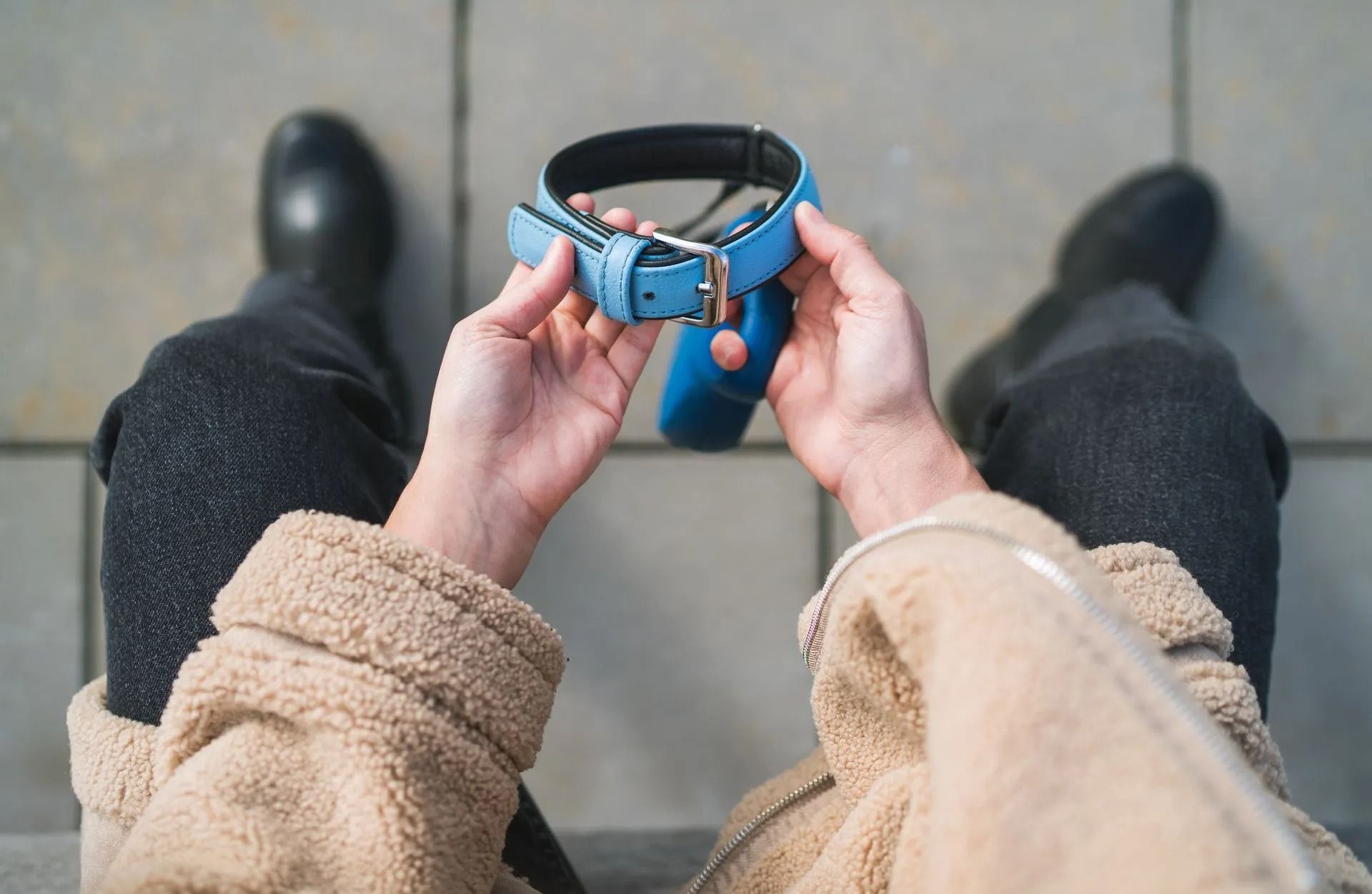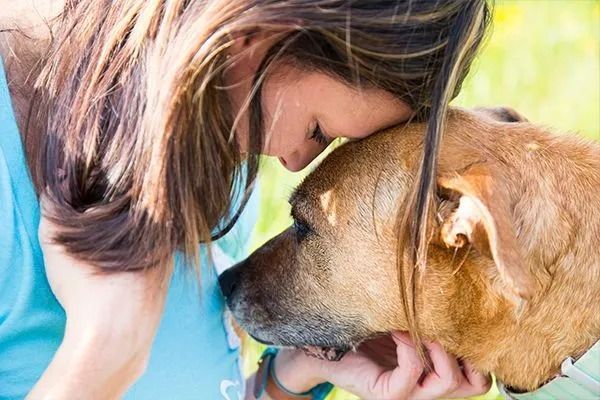Honoring Pets After Loss

Our pets become cherished members of our families, providing unconditional love, companionship, and joy to our lives. When they pass away, the grief we feel is genuine and profound. While our furry friends are only here for a short time, the impact they have on our lives is monumental. Here are some ways you can honor your beloved furry friend, after they’ve pass.
Create a memory box.
Putting together a box of items that remind you of a beloved pet can help you cope with their loss. Include items such as their collar, favorite toy, paw imprint, fur lock, and anything else that meant a lot to them. Keeping these items can bring comfort and closure after they have passed.
Spread their ashes somewhere meaningful.
If you choose to have your pet cremated, you can spread the ashes somewhere meaningful for your pet. You can even use the ashes to plant a tree in memory of them.
Donate to shelters in their memory
Animal shelters need donations, whether monetary donations or item donations. Donating to shelters in your beloved pet's name not only preserves your pet's memory, but also helps the animals in the shelter find their forever home.
Foster animals
Fostering is a great option if you aren't ready to get another pet but want to share the love you had for your pet with those in need. Because shelters fill up quickly, animals need foster homes. Fostering allows you to heal at your own pace, while sharing love with a pet in need.
Our pets become part of our family. During their time here on earth we share so many special moments with them, that when they are gone the emptiness left behind is unfathomable. It’s important to take proper care of yourself during this time of grief and figure out ways to keep your pet’s memory alive.


